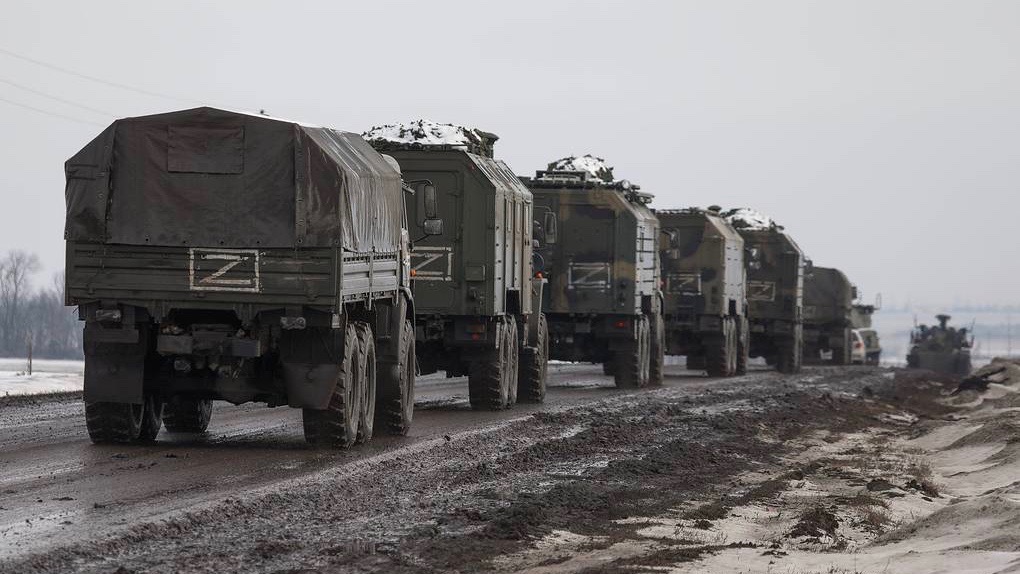The few I've met had blue eyes and when I asked they said it was common. They also said it was common for Kosovars to have brown eyes.Not one of the Kosovars I've met had blue eyes.
Most Albanians I've met [admittedly not many] also have blue eyes.
I've met quite a few Palestinians over the years and I've never met a single blue eyed one. As to why I mentioned Kosovars being blue eyed; the fact that Kosovo is in Europe as opposed to some far flung corner in Africa and the population is seen as European [which it is] played a part in shaping the international response and the events which led to intervention. As for Indians; as you're aware only a small percentage of the Indian population has blue eyes; confined mostly to the northern portions of India. I have not commented on the fact that some Afghans and Indians have blue eyes for the reason I had no need to; was not germane to the discussion/topic.Ive not noticed you commenting on how Afghans have blue eyes, or Palestineans (I've met more blue-eyed Palestineans than Kosovars), or Indians (ditto). Why Kosovars?
Pritt Buttar's "Collision Of Empires" and Robert Massie's "Dreadnought" does a good job explaining the Balkan situation pre WW1 and Russian attitudes towards Serbia.Serbia was a Russian ally a long time ago, when the Serbian monarchy was good friends with the Tsar, but that relationship was complicated
Almost everything connected to the Balkans tends to be complicated and despite whatever has occurred in the past with regards to Tsarist RussIa/Soviet Union/post Cold War Russian relations with Yugoslavia/Serbia; there is strong attachment. The current state of Russian/Serbian relations: the Russian approach to the Bosnian Serbs and it's later policy over Kosovo all have to do with the fact that despite certain bumps along the way Serbia has been seen as long time ally; is a coreligionist and is an area which has traditionally been considered important to Russia.
What would you have expected the Soviets to have done then? renounce the pact and declare war on Germany? the Soviets had gained Bessarabia and the Baltic states with Germany agreeing to it as part of the Non Aggression Pact and they had gained time; why would they have jeopardised all this? Letting Germany invade Yugoslavia was something the Soviets were unable to respond to and inaction was in line with Soviet policy of maintaining relations with Germany. Another issue is the when the Germans invaded; Yugoslavia was not ruled by a government which was friendly with the Soviet Union. Yugoslavia was sacrificed on the alter of Great Power politics.In 1941 the USSR maintained its pact with Germany while Germany carved up Yugoslavia. Good, reliable, friend, eh?.
Great Britain declared war on Germany because Polish territorial sovereignty had been violated yet Britain [along with France] did absolutely nothing and was silent when the Soviets marched into eastern Poland because it wasn't in a position to do anything and because Germany was seven as a greater threat compared to the Soviet Union. We won't get into the part where Poland; for which Britain had declared war for; was later denied its freedom after WW2. Doesn't mean that Britain wasn't a "good, reliable" friend. Poland was sacrificed because it was in Britain's interests to do so.
Last edited:

